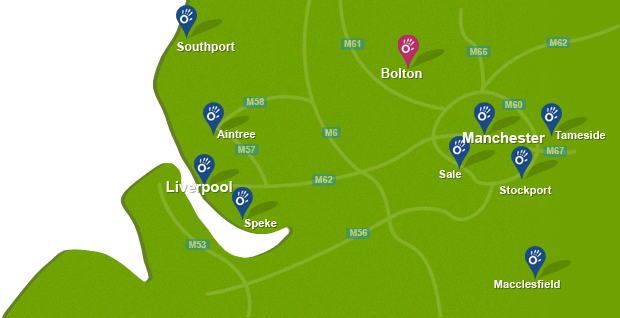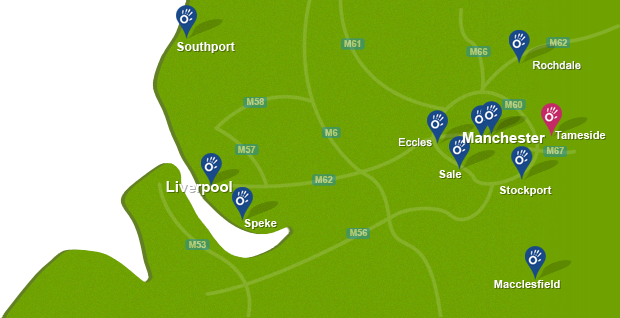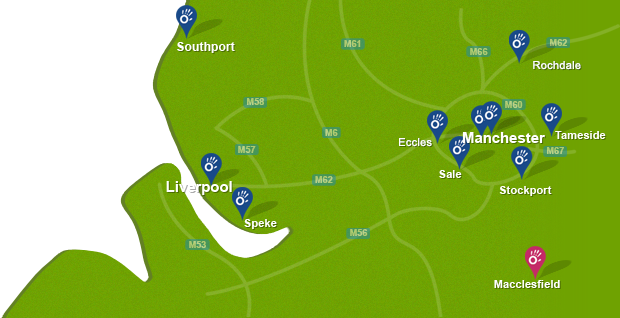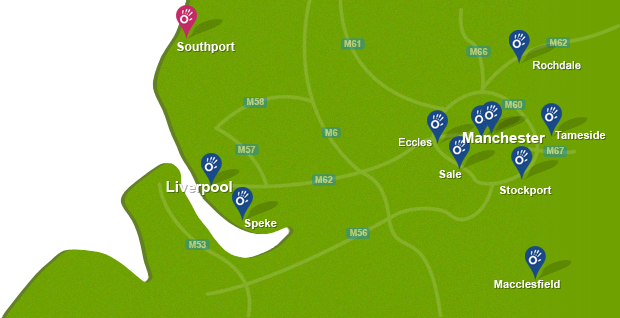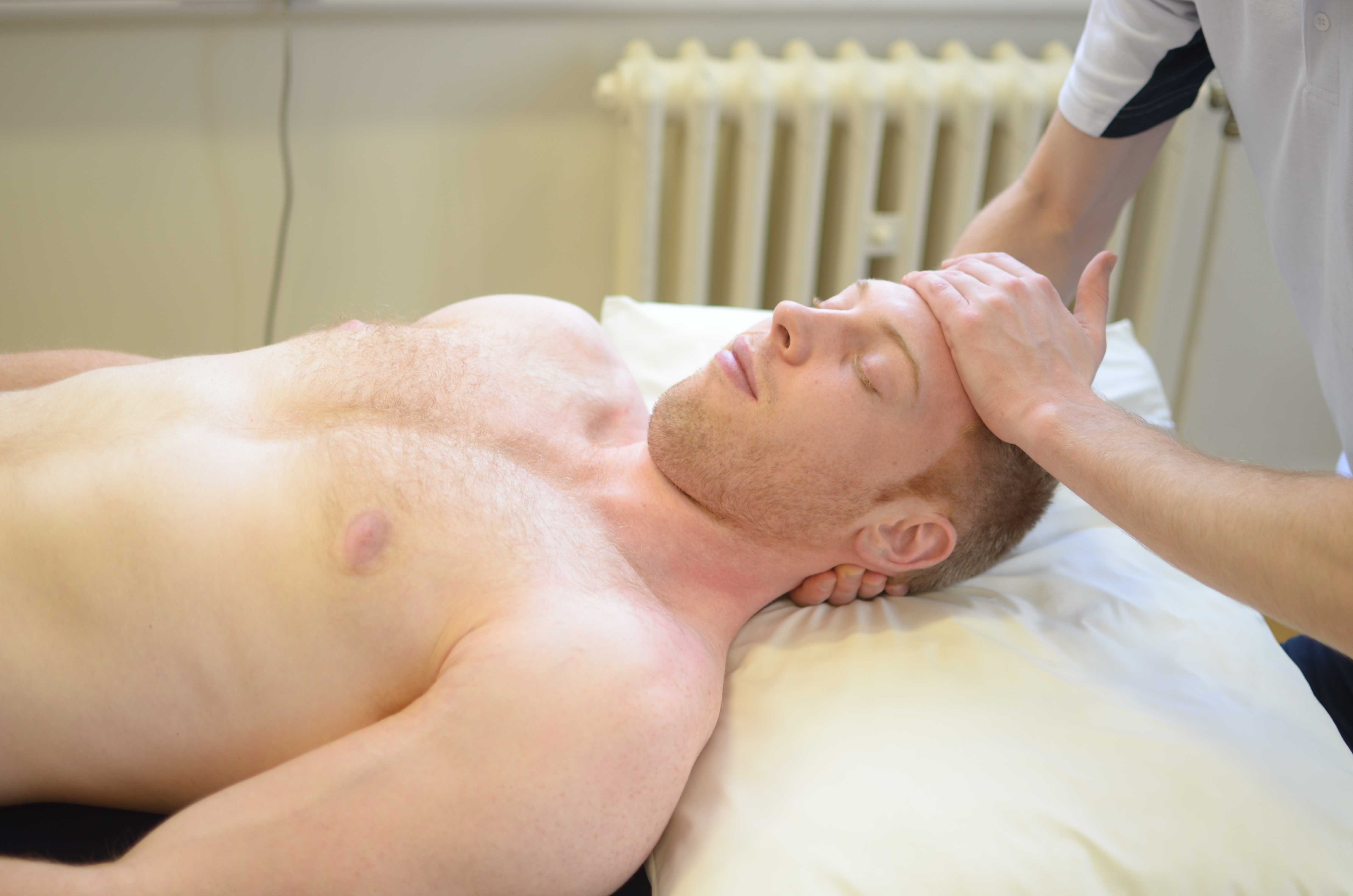 Above: Vestibular physiotherapy - passive resetting exercises
Above: Vestibular physiotherapy - passive resetting exercisesWhat is Vestibular Neuronitis
Vestibular neuronitis is an inflammation of the vestibular nerve and its surrounding structures thought to be caused by a viral infection.
The vestibular nerve is the link between the inner ear which receives balance information and the brain which processes this information. The brain then provides an appropriate response via the nerve back to the body to keep it balanced and vision clear during movement. When the nerve is not functioning correctly this process is lost and vestibular symptoms appear.
What are the symptoms of Vestibular Neuronitis
The symptoms of vestibular neuronitis can be very acute and severe initially. As the body learns to compensate for the reduction in nerve function the symptoms can become more manageable but the time scale for this is from weeks to many months. The symptoms can include:
|
|
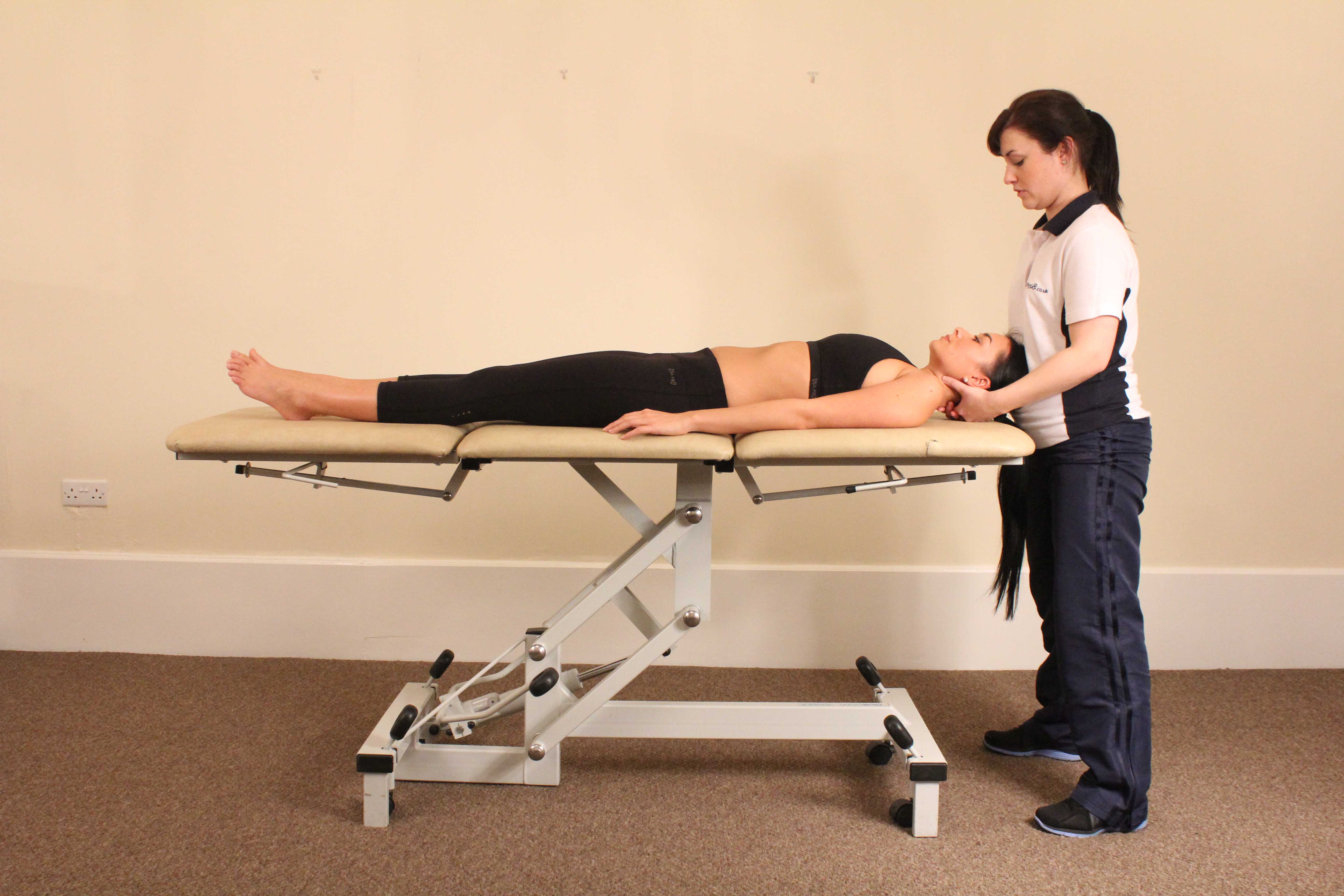 Above: Vestibular physiotherapy - passive resetting exercises
Above: Vestibular physiotherapy - passive resetting exercisesWhile there are common themes with the symptoms of vestibular neuronitis each patient will have different sensations and describe the symptoms differently so do not worry if you not fit perfectly into the categories above.
How is Vestibular Neuronitis diagnosed
Vestibular neuronitis can be diagnosed by your GP, a specialist ENT consultant or a vestibular physiotherapist. A history of your symptoms, their onset, your general health and numerous other questions will be asked. From this a vestibular examination should be completed which may include:
- Eye examination
- Balance tests
- Positional testing
- Gait examination
- Visual accuracy tests
- Ear examination
- Audiology
- Caloric
- Videonystagmograrphy
- Rotatory chair test
- Computerized dynamic posturograpthy
What treatment can Manchester Physio offer for Vestibular Neuronitis
Manchester Physio can offer treatment of vestibular neuronitis following a vestibular assessment. The treatment consists of:
- Gaining a full understanding of the condition
- Symptoms management strategies
- Pacing advice
- Gaze stability exercises
- Balance exercises
- Gait drills
- Goal orientated task practice related to the individual
In the early stages of vestibular rehabilitation the symptoms remain so it is very useful to have coping strategies to deal with them. Being able to reduce and control dizziness is important and will help to move you forward onto the more challenging exercises.
Gaze stability exercises
Gaze stability works on developing the ability of the body to keep clear vision while moving the head. Exercises of increasing difficulty will be provided to do this which involves starring at a letter while moving the head. This improves the reflexes of the eyes making them work harder to keep your vision stable.
Balance exercises
Balance exercises strengthen the bodies balance reactions and provide a good strong input to the vestibular system telling the body when it is stable and how to respond correctly if you are going to fall. Working on these will help the vestibular system a whole to become stronger meaning you are less likely to have symptoms.
It normally takes a combination of different treatment elements at different times to get results when treating vestibular neuronitis. This is where the support of your physiotherapist helps. While it can take many months to see improvements you will not have to attend regularly during this time as a plan of exercises will be provided.
Benefits of Vestibular Physiotherapy for Vestibular Neuronitis
Vestibular neuronitis benefits from vestibular physiotherapy in the following ways:
- Increased ability to cope with symptoms until they resolve
- Reduced fatigue
- Reduced vertigo and dizziness
- Improved balance
- Increased ability to do day to day activities and return to normal life
Call 0161 880 3377 today to make your Vestibular Physiotherapy appointment.



 0800 033 7800
0800 033 7800









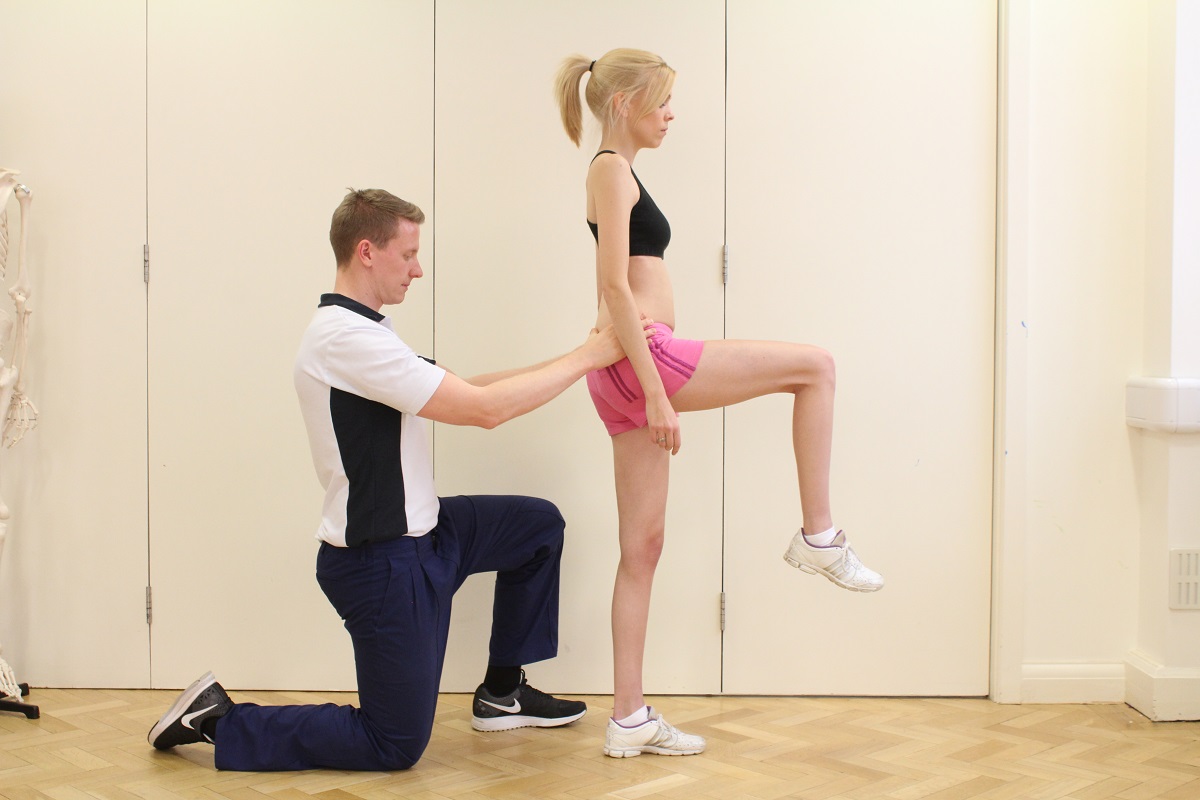
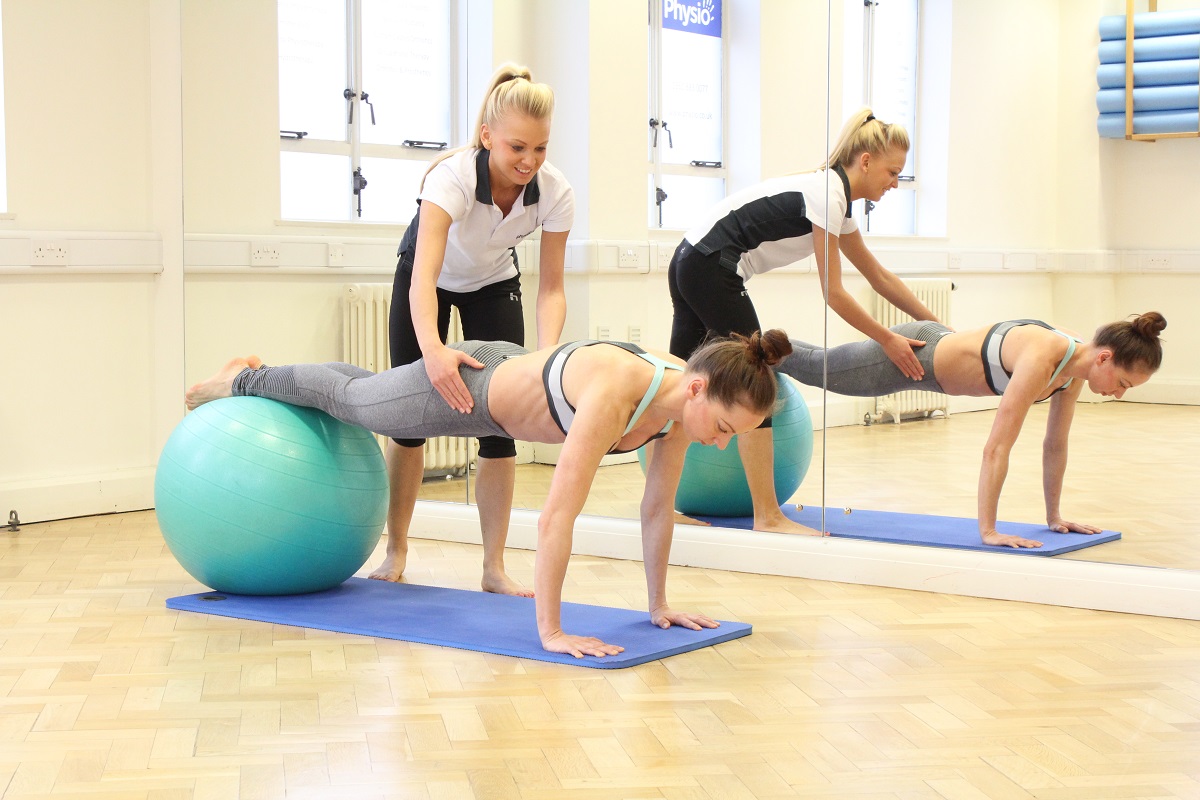
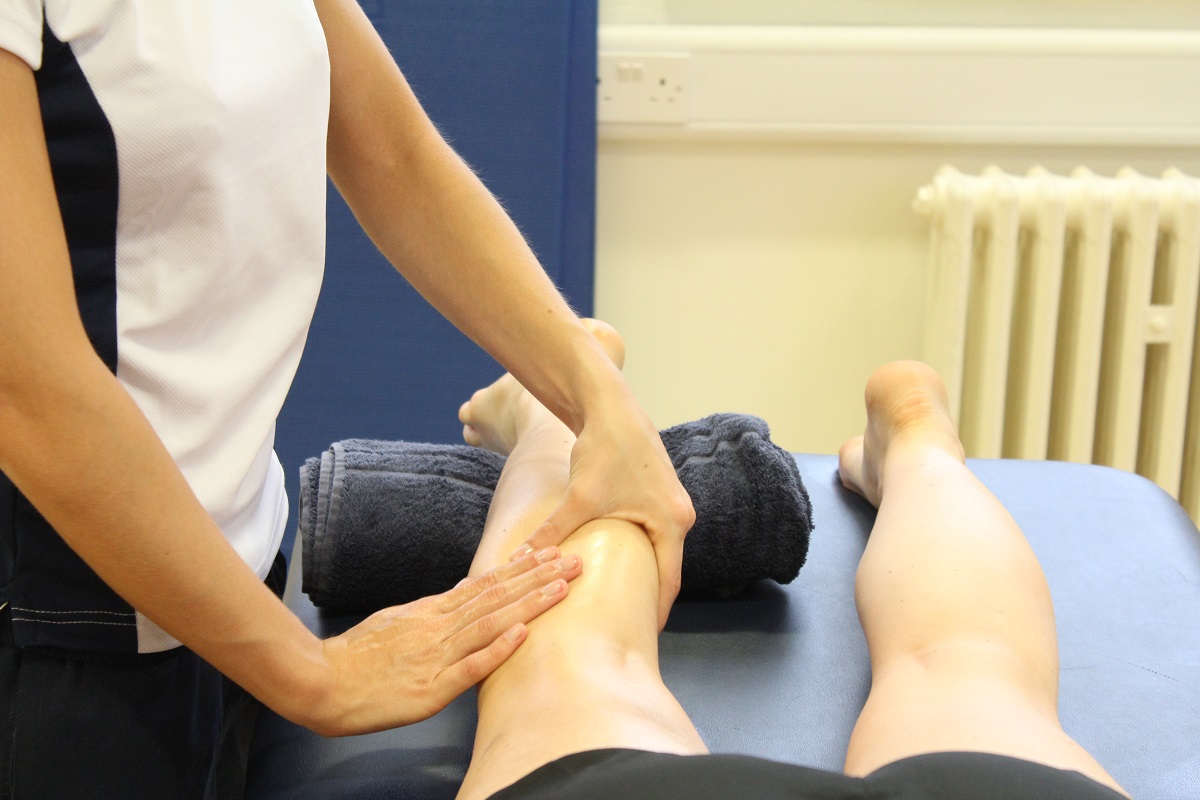
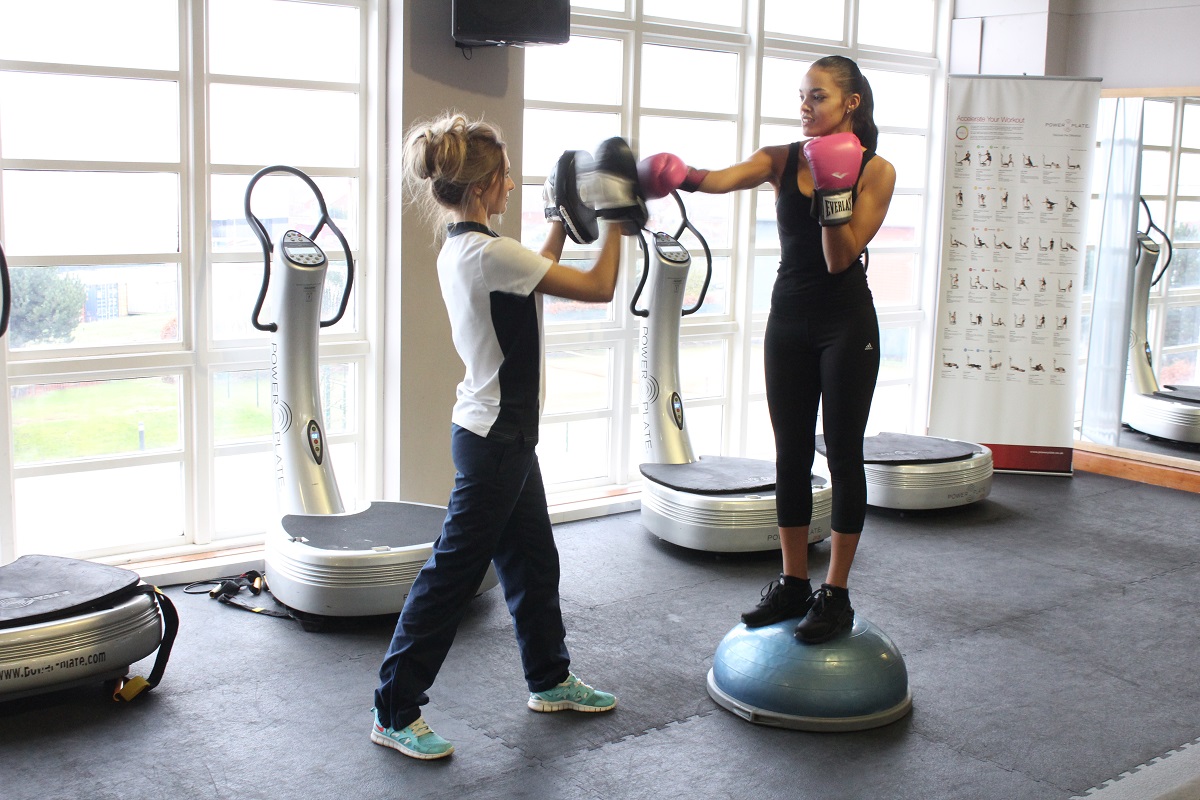


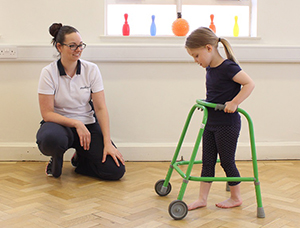
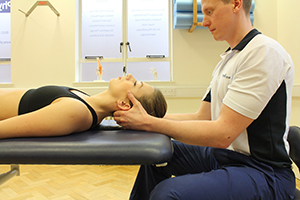
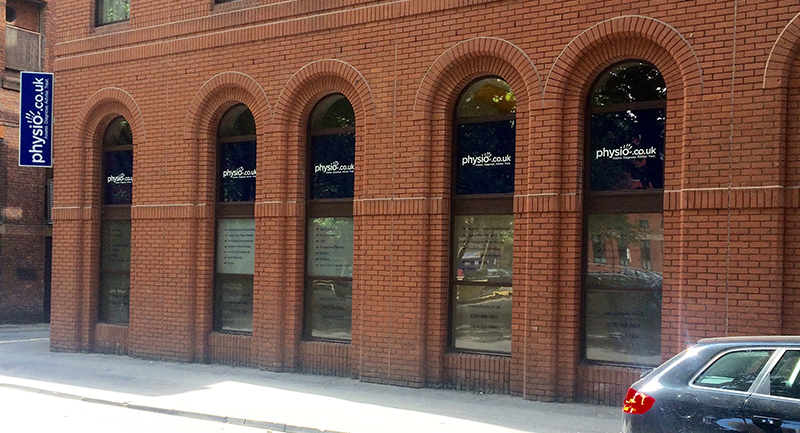
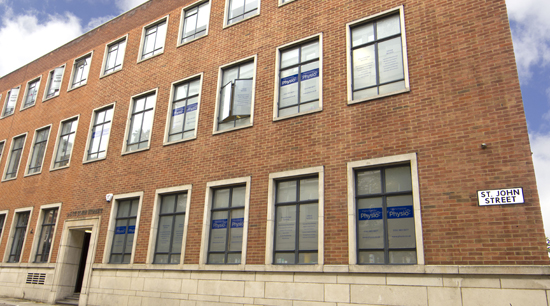



































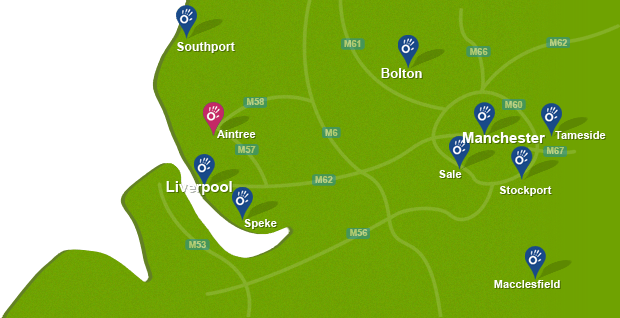

 f
f
